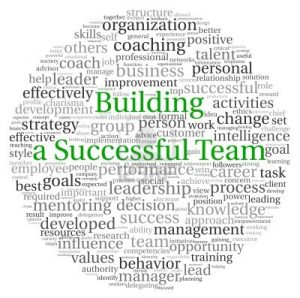I noticed the importance of negotiation since I was a kid. During the time when I was still in my middle school, people fight to resolve conflicts. It was useless and stupid. In the end, the conflicts usually ended up getting worse. However, with proper negotiation, a win-win situation can be created a lot of times. Therefore, negotiation is probably one of the best way to resolve conflicts. There are several types of negotiation strategies that can be applied to different situation. What’s more, before entering a stage of negotiation, one should develop a strategy based on the situation (Langton 2016).
How can we effectively negotiate with others?
First, you should identify your target and your resistance points, which refer to the outcome that you would like to achieve and the lowest acceptable outcome, also known as the best alternative to a negotiated agreement(BATNA). With that in mind, you should try to identify what the other party wants as well. My peer, Homen, provided a great example of how Donald Trump sets his targets and resistance points in his blog. Donald Trump says, “I always go into the deal anticipating the worst.”, which corresponds to his resistance point. As he knows when to stop, he can deal without sweating as long as it does not go over the bottom line. Also, he says “if you’re going to be thinking anyway, you might as well think big.” He believes the target point should not be a limit on bargaining possibilities. By setting the target point high he opens up more potential for negotiation. (Feng, 2017)
Another key to a successful negotiation is to improve your negotiating skills. Here are some tips that I found useful. First of all, you should begin the negotiation with a positive overture. It is crucial to create an open and trusting climate. To do so, you should also emphasize win-win solutions. During the negotiation, what you need to pay attention to is to address the issues, not personalities and the initial offers. By using these techniques, I believe successful negotiations can be achieved.
Word Count: 347 words
Work Cited:
Nancy Langton, Stephen P. Robbins, Timothy A. Judge and Katherine Breward (2016) Organizational Behaviour Concepts, Controversies, Applications





